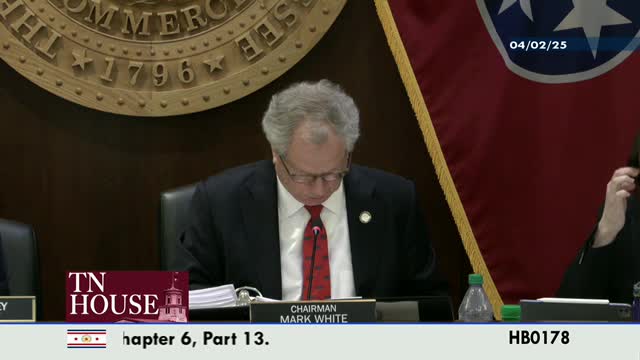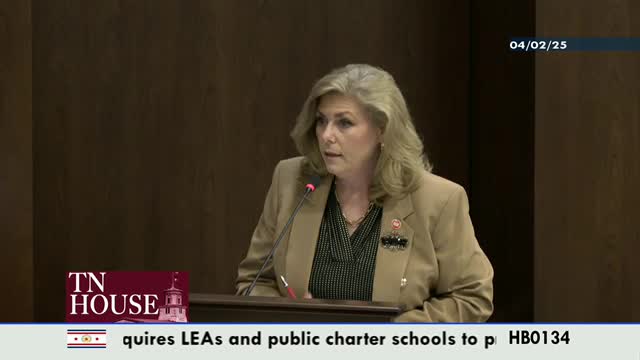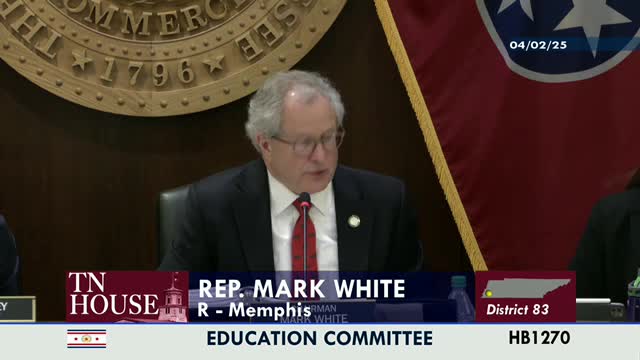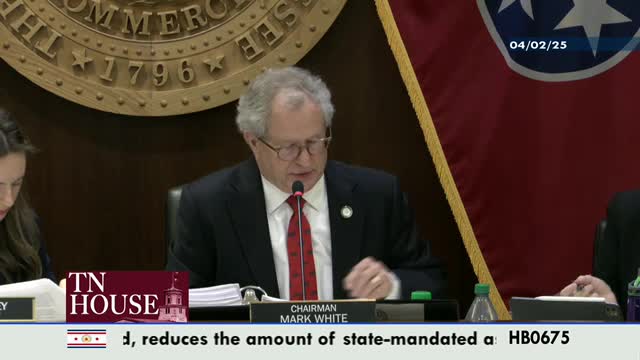Article not found
This article is no longer available. But don't worry—we've gathered other articles that discuss the same topic.

Panel advances controversial ‘success sequence’ curriculum proposal after extended debate

Committee advances bill to remove Red Dye 40 from school nutrition program

Committee advances bill sponsors call a protection against coerced speech for school staff and students

House committee advances bill to refocus high-school assessments toward ACT/SAT and alternatives

